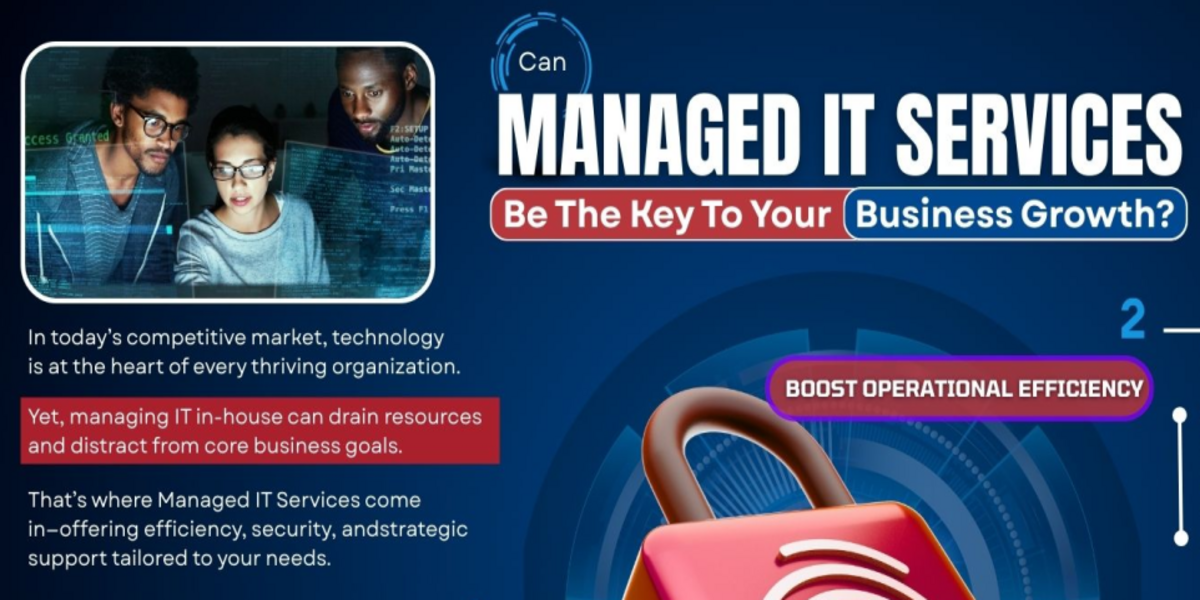Managing customers and employees is critical to the success of any business. In both cases, your company can succeed or fail. However, when it comes to improving their connections with workers and customers, many organizations continue to overlook the third set of people. Vendors are the underappreciated members of the community. In addition, statistics reveal that corporations do not commonly use a formalized method for managing their vendors. Half of the supplier collaboration projects fail to appear as something substantial. Therefore, vendor management is essential.
Vendors can make or break a firm when operating in a highly competitive market. Exceptional vendor management might be the difference between two companies with the same value proposition. Vendor management is an essential part of a successful business strategy.
This article discusses more about vendor management, including what it is, how to accomplish it, and its benefits. To begin, let’s talk about vendor management, which is often overlooked in most organizations.
Vendor Management
Defining vendor management is crucial before considering its advantages and disadvantages. In most cases, vendor management consists of organizing a list of vendors and their information; however, this isn’t what vendor management is all about. It consists of a set of processes that control costs, minimize risks, and process service quality for the entire value addition from suppliers all the way through the contract lifecycle.
On the other hand, vendor management systems are applications that streamline all the tasks related to vendors for a business. A company’s ability to interact with and coordinate with vendors enhances thanks to implementing of these technologies. Additionally, a vendor management system allows companies to easily commend and track the performance of their vendors.
Approaches to Vendor Management
Your back-end operations can be improved by adopting various vendor management practices. There are various approaches to vendor management:
1. Invest in a Long-Term Relationship
In many cases, organizations fail to take this into account when interacting with vendors. Retaining vendors offer advantages just like keeping customers and employees. As a first step, you don’t have to keep starting the bidding or screening procedure every few days. An associate who has been working with you for a long time won’t betray your confidence. Make sure the vendor you are working with has a long-term commitment instead of a one-time deal.
2. Enhance Interaction
Every relationship, personal or professional, benefits from open lines of communication. Vendor relationships are no exception. Most corporations seem to have a cold and uninterested relationship with their suppliers and vendors. They just exchange accounts and obtain orders as a means of communication.
The vendor can’t be held to high standards of customer service when communication is so tightly controlled. You must go beyond the exchange of papers to strengthen vendor communication. Treat them with warmth and politeness as a B2B partner.
3. Enjoyable Working Environment
Vendors enjoying their work with your organization have a lot to do with your company’s reputation. They will get the impression that they are disposable if you don’t form long-term relationships with them and keep your communication channels low-key. Vendors frequently respond to organizations’ coldness and lack of interest in their own ways. Instead of reinventing the wheel, use what works for customers and employees. Make them aware of how much you appreciate their cooperation.
A vendor management system is critical to all of the strategies we’ve explored so far before we wrap up this section. It will be nearly impractical to successfully apply these strategies without vendor management software.
The Benefits of Vendor Management
Let’s take a look at the benefits of employing a vendor management system.
1. Reduce Costs and Risks by Mitigating
Exceptional vendor management procedures assist you in increasing the visibility of their operations to you to reducing supplier risks. You can keep track of a supplier’s performance and credentials using a sophisticated vendor management system. By doing this study, you’ll be able to foresee any financial ramifications and address regulatory compliance issues before they arise.
On the contrary, vendor management helps in the reduction of costs. When it comes to working with your suppliers, having a good working relationship is essential. To cut costs and boost margins, you’ll be in a better place to bargain for lower rates and take advantage of current discounts. Vendor management software provides you with a clearer view of your spending, allowing you to spot potential savings.
2. Boost Efficiency
Using a vendor management system to manage your suppliers can also help you improve their performance. You can keep track of a supplier’s performance in relation to its contract with the use of good vendor management software. You can use this tracking to highlight areas that need to be worked on.
3. Improve the Onboarding of Vendors to the Platform
Handling the financial information, portfolio, regulatory data, and accessible capacity of a vendor is a laborious undertaking. It has the potential to significantly lengthen the time it takes to receive bids and place the initial procurement order. A competent vendor management software solution streamlines and automates most of this work. As a result, your onboarding supplier and procurement process will be expedited.
4. Brand Identity is Safeguarded
Using a 360-degree verification procedure ensures that you only work with the best vendors in the industry. This is critical since even dealing with shady providers can damage your brand’s reputation.
Manage Your Spending with the SimplyPurchasing Expense Tracking Software
A vendor management system has been mentioned several times in this article. It is critical to the successful implementation of relevant strategies and the subsequent realization of their benefits. It’s worth considering SimplyPurchasing by Microsys if you run a small or medium business and want to streamline vendor management.
In addition to being procurement management software, it has vendor management capabilities. It can assist in aggregating all the data on one platform to track and evaluate the performance of each vendor more effectively.



